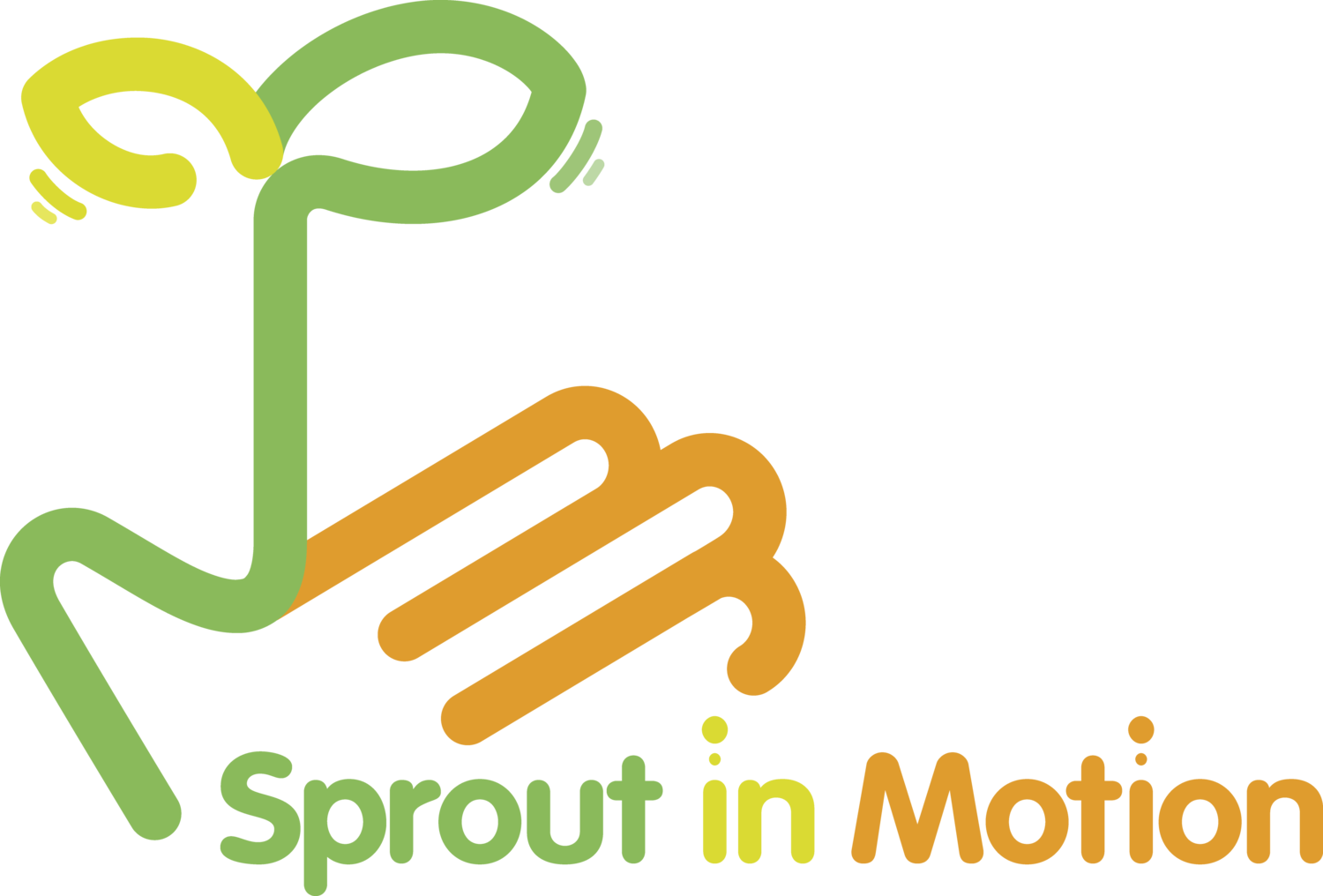What is twice exceptional?
Twice exceptional, also known as 2e, refers to individuals who are both gifted and have a learning or developmental disability. These individuals have exceptional abilities or talents in one or more areas, such as academics, creativity, or leadership, but also have a disability, such as ADHD, dyslexia, or autism, that can hinder their ability to learn and function in certain areas.
Twice exceptional individuals often face unique challenges in the educational system, as their strengths and disabilities can sometimes be overlooked or misunderstood. For example, a gifted student with ADHD may struggle with executive function skills like organization and time management, even though they are capable of high-level academic work.
It is important to identify and support twice exceptional individuals, as they have the potential to make significant contributions to society if given the appropriate support and opportunities. This may involve accommodations and specialized instruction tailored to their individual needs, as well as a focus on developing their strengths and interests.
Overall, twice exceptional individuals are a diverse and valuable part of our society, and it is important to recognize and support their unique abilities and challenges.
There are several common misconceptions about twice exceptional individuals, including:
They are lazy or unmotivated: This misconception assumes that twice exceptional individuals are not achieving at their potential due to a lack of effort or motivation. However, this is often not the case. Twice exceptional individuals may struggle with their disability, which can impact their ability to learn and perform in certain areas, even if they are highly motivated and capable in other areas.
They don't need support: Another common misconception is that twice exceptional individuals are "smart enough" to figure things out on their own and don't need support. However, twice exceptional individuals often require specialized support and accommodations tailored to their unique needs in order to be successful.
They are not really gifted: Some people may assume that a learning or developmental disability means that an individual cannot also be gifted. However, these two traits are not mutually exclusive, and many twice exceptional individuals have exceptional gifts and talents in one or more areas.
They are too complicated to understand: Another misconception is that twice exceptional individuals are too complicated or difficult to understand, and that it is easier to focus on one aspect of their identity (e.g. their disability) rather than their strengths and potential. However, understanding and supporting the whole person - including their strengths, challenges, and unique needs - is essential to helping twice exceptional individuals achieve their full potential.
Twice exceptional individuals may face a variety of social and emotional challenges related to their disability and giftedness, including:
Difficulty fitting in: Twice exceptional individuals may struggle to fit in with their peers, particularly if they do not have many opportunities to connect with others who share their interests and experiences.
Feelings of isolation: Due to their unique combination of strengths and challenges, twice exceptional individuals may feel isolated or misunderstood, particularly if their disability is not well understood or recognized.
Perfectionism: Gifted individuals may be particularly susceptible to perfectionism, which can lead to anxiety and self-doubt. This can be compounded by the fact that they may not always be able to achieve at the level they desire due to their disability.
Emotional intensity: Gifted individuals may experience strong emotions, such as intense joy, anger, or sadness, which can be overwhelming and difficult to manage.
Executive function difficulties: Twice exceptional individuals may struggle with executive function skills, such as organization, planning, and time management, which can impact their ability to manage their daily lives and achieve their goals.
Anxiety and depression: Twice exceptional individuals may be at higher risk for anxiety and depression, due to the challenges they face and the pressure they may feel to succeed.
Supporting twice exceptional individuals can involve a variety of strategies and approaches, depending on their individual strengths, challenges, and needs. Here are some effective ways to support twice exceptional individuals:
Provide accommodations: Twice exceptional individuals may require specific accommodations tailored to their unique needs, such as assistive technology, extra time for assignments or tests, or a quiet workspace. These accommodations can help them overcome barriers to learning and perform at their potential.
Focus on strengths: It is important to recognize and nurture the strengths and talents of twice exceptional individuals, as these can be a source of motivation and achievement. Providing opportunities for them to pursue their interests and passions can help them develop their talents and build their self-esteem.
Build executive function skills: Many twice exceptional individuals struggle with executive function skills, such as organization, time management, and planning. Providing targeted support and instruction to help them build these skills can help them become more independent and successful.
Provide social and emotional support: Twice exceptional individuals may face social and emotional challenges related to their disabilities or their giftedness. Providing opportunities for them to connect with peers who share their interests and experiences, as well as access to counseling or therapy if needed, can help them develop healthy social and emotional skills.
Advocate for their needs: It is important to advocate for the needs of twice exceptional individuals within the educational system, to ensure that they receive appropriate support and accommodations. This may involve working with teachers, administrators, and other professionals to develop individualized education plans that address their unique needs.
